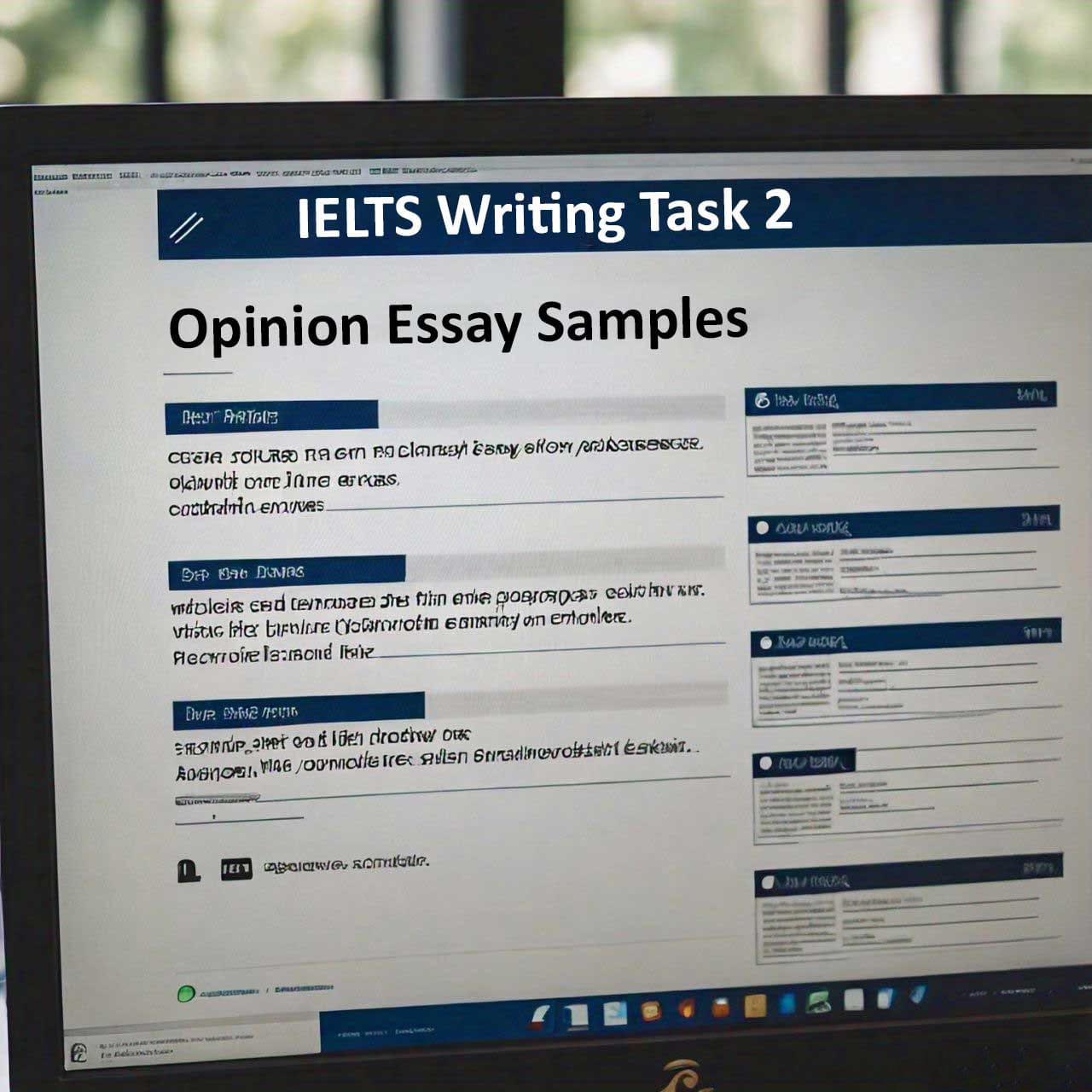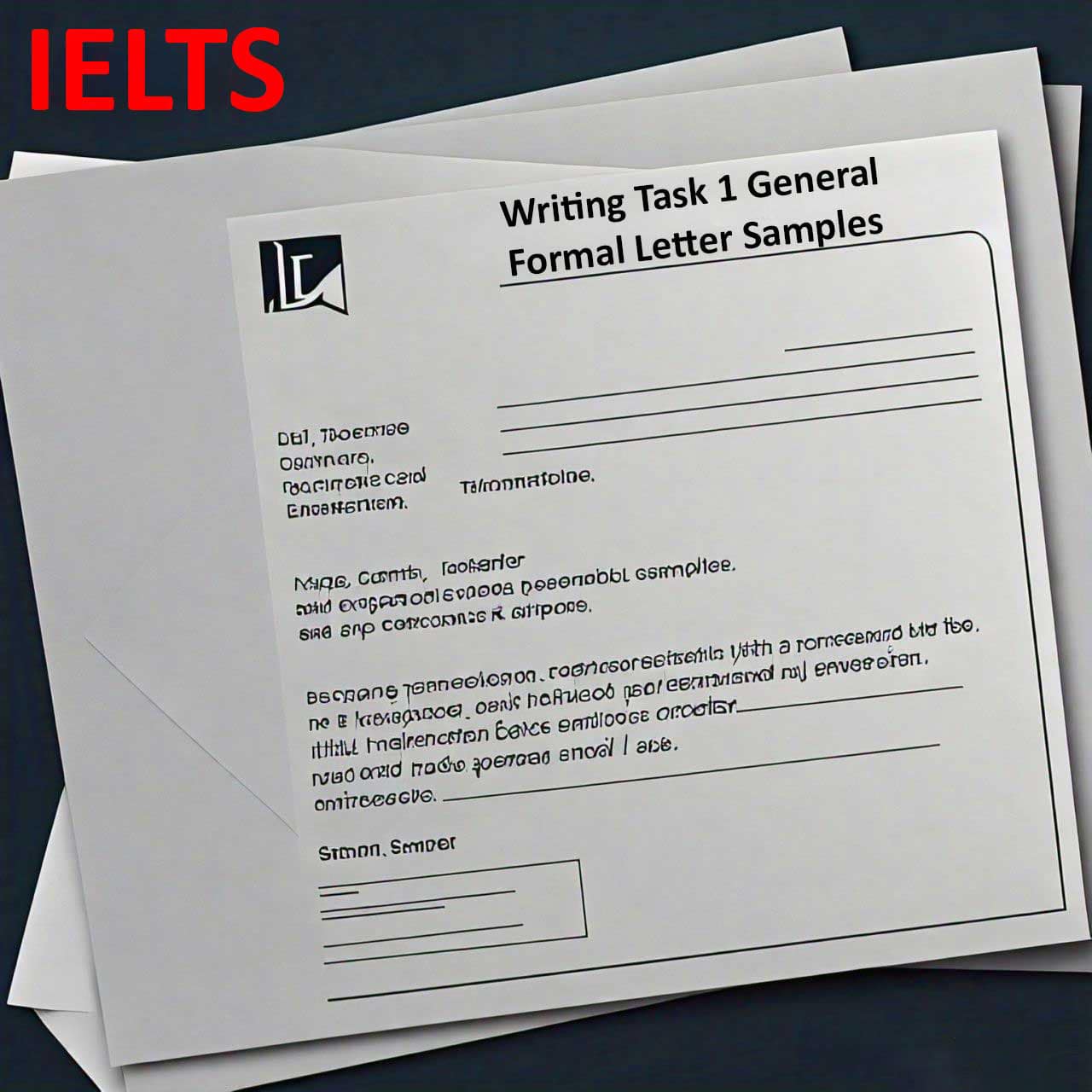In the IELTS Writing Task 2, you are required to write an essay on a given topic, expressing your opinion or presenting an argument. This task assesses your ability to present and justify an opinion, discuss relevant issues, and provide examples to support your viewpoint. Opinion essays in IELTS Task 2 require a clear structure, coherence, and the use of academic language to effectively convey your ideas. In this blog post, we will explore the format of IELTS Writing Task 2 opinion essays, provide sample responses, and offer tips to help you excel in this section of the exam.
Table of Contents
Understanding IELTS Writing Task 2 Opinion Essays
An opinion essay in the IELTS context requires you to state your opinion on a specific topic and support it with relevant examples or arguments. You may be asked to agree or disagree with a statement, present advantages and disadvantages, or discuss both sides of an issue. The essay typically consists of an introduction, body paragraphs presenting your arguments, and a conclusion summarizing your viewpoint.
Key Components of an IELTS Writing Task 2 Opinion Essay
1. Introduction: Introduces the topic and clearly states your opinion or position on the issue.
2. Body Paragraphs: Present arguments or reasons supporting your opinion, with each paragraph focusing on a separate point.
3. Counterarguments (Optional): Acknowledge and refute opposing views to strengthen your argument.
4. Conclusion: Summarizes your opinion and reinforces your main points without introducing new information.
Now, let’s look at some sample prompts and corresponding responses for IELTS Writing Task 2 opinion essays:
Sample Opinion Essay Samples
Prompt: Some people believe that technology is increasing the gap between rich and poor. Others think it has the opposite effect. Discuss both views and give your opinion.
Sample Response:
In today’s digital age, the impact of technology on socioeconomic inequality is a topic of heated debate. While some argue that technology exacerbates the gap between the rich and poor, others contend that it provides opportunities for economic empowerment.
Advocates of the first view argue that technological advancements favor those with financial resources, widening the divide between affluent and disadvantaged communities. Access to high-speed internet, state-of-the-art devices, and specialized skills can give affluent individuals a significant advantage in education, employment, and business opportunities.
However, proponents of the opposing view argue that technology has the potential to bridge socioeconomic disparities. For instance, digital platforms and online learning resources offer affordable access to education and skill development, leveling the playing field for disadvantaged individuals. Moreover, e-commerce and remote work opportunities enable entrepreneurs and workers from marginalized backgrounds to participate in the global economy.
In my opinion, while technology does initially widen the gap due to unequal access, its long-term benefits outweigh the drawbacks. Governments and organizations must ensure equitable access to technology and invest in digital literacy programs to empower marginalized communities. By leveraging technology for inclusive growth and socioeconomic mobility, we can mitigate its adverse effects on inequality.
In conclusion, while technology does have the potential to exacerbate socioeconomic disparities, proactive measures can harness its transformative power to create a more inclusive society.
Prompt: Some people argue that zoos are beneficial for animal conservation and education. Others believe they are unethical and should be closed. Discuss both views and give your opinion.
Sample Response:
The role of zoos in contemporary society is a contentious issue, with proponents and critics presenting contrasting views on their impact on animal welfare and conservation efforts.
Supporters of zoos argue that they play a crucial role in wildlife conservation by providing a safe environment for endangered species and conducting breeding programs to prevent extinction. Zoos also serve as educational institutions, offering valuable insights into wildlife behavior and promoting conservation awareness among visitors, especially children.
Conversely, opponents argue that confining animals in artificial enclosures deprives them of their natural habitats and freedoms, leading to physical and psychological distress. They contend that zoos prioritize entertainment over animal welfare and perpetuate outdated attitudes towards wildlife exploitation.
In my view, while the intentions of zoos in conservation and education are commendable, ethical concerns regarding animal welfare cannot be ignored. Modern zoos should prioritize the well-being of animals by providing spacious, enriching environments and actively participating in species conservation efforts. Public education about wildlife conservation should extend beyond zoo visits to emphasize the importance of preserving natural habitats and respecting animal rights.
In conclusion, while zoos can contribute positively to conservation and education, reforms are necessary to address ethical concerns and ensure the welfare of captive animals.
Tips for Excelling in IELTS Writing Task 2 Opinion Essays
1. Understand the Task: Carefully analyze the essay prompt to determine whether you need to agree or disagree, discuss advantages and disadvantages, or present both sides of an issue.
2. Develop Clear Arguments: Clearly present your opinion and support it with relevant examples, statistics, or personal experiences.
3. Address Counterarguments: Acknowledge opposing viewpoints and refute them respectfully to strengthen your argument.
4. Organize Your Essay: Structure your essay with an introduction (paraphrasing the prompt and stating your opinion), body paragraphs (presenting arguments with supporting evidence), and a conclusion (summarizing your opinion and reinforcing key points).
5. Use Formal Language: Use academic vocabulary and formal language appropriate for an academic essay, avoiding informal expressions or slang.
By practicing with these sample opinion essays and following the tips provided, you can enhance your skills in presenting and justifying your opinion for IELTS Writing Task 2. Regular practice, reviewing feedback from teachers or peers, and focusing on improving your coherence and coherence will help you achieve success in this section of the exam. Best of luck!
This blog post aims to guide you through the process of effectively writing opinion essays for IELTS Writing Task 2, offering practical examples and actionable tips to boost your preparation and confidence on test day.



